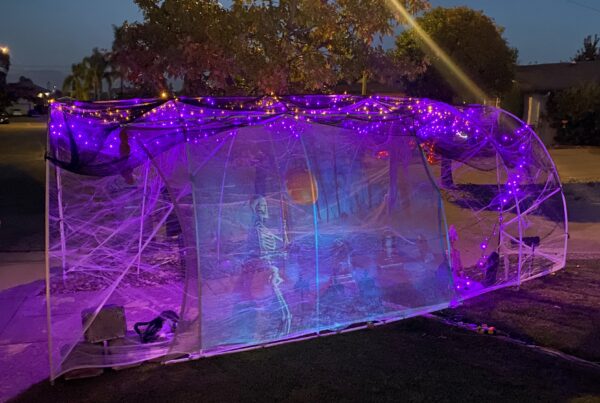1
Write down a list of issues you would like to discuss and share it in advance if possible
This is almost like having your own mini agenda. It gives you the opportunity to talk about struggles your child may be having and strengths that the school can help nurture.2
Know how important you are as a parent
When you go into these meetings know that you are an equal member of your IEP team. Your voice and opinion counts just as much as everyone else’s in the room. Armed with this knowledge, don’t be afraid to ask questions and share your points of view. It took us a couple years to feel empowered to contribute in the minefield that is the acronyms and lingo used in the meetings.3
Learn the acronyms and lingo
What you call things may not be what they call things. If you use the wrong words, you many not get the affordance you need. If you don’t understand something, ask. Don’t agree to anything if you don’t completely understand.4
Always take notes or record the meeting
We always tried to take as many notes as we could, but from time to time we would still miss some things. It was our advocate who turned us on to the idea of recording the meetings. It helps to go back and re-listen to some parts that you might not remember clearly later. Just remember to present in writing a notice of intent to record the meeting. You need to do this at least 24 hours in advance.5
Don’t go it alone
My husband and I have always made it so we were both available for the meetings. They took priority over everything else in our lives. This can be a big pain in the butt when you factor in work schedules and child care, but in the end it is well worth it. It is always great to have a second pair of ears that may catch things the other doesn’t. The other person doesn’t have to be a spouse, it could be a friend, relative or an advocate. If you think about ratios, the school district will be well-represented… that can make you feel very alone.6
Do your research
Do as much research as you can on what the team will be discussing at your meeting. Both of our kids are dyslexic, so I did my best to become an expert on the subject to find out which accommodations have worked for others. Also, find out who will be attending the meeting. This will help you prepare more specific questions directed to the right people. It’s also good to ask for a copy of any assessments that your child that may have had in advance of the meeting. This will give you a chance to go over the results and prepare any questions you may have regarding the assessments. Request copies of the current or the newly proposed draft IEP before the meeting. Review it and become familiar with the content — be sure to write down questions and add them to the agenda.7
Get a big binder
I tried my best to stay organized, but a simple thing like a binder was a game changer for me. Our advocate requested organizing all our paperwork chronologically into a three ring binder. This has helped so much keeping all the IEP paperwork (there is a lot) neat and tidy. It also makes it easy to quickly find information during the meeting that you may have to reference.8
Prioritize your list of wants and needs
After doing your research you may have a list of accommodations you will want to request for your child. Prioritize the ones that you feel are most important and will have the largest impact on your child. Be sure to consider the emotional and social impacts in addition to the educational impacts. There is a chance they may not be able or willing accommodate all your requests, so you want to make sure you get the ones that are more important.9
Talk to other IEP parents
When we first started the process, even before it officially started, I tried to connect with whomever I could to talk about the meetings and how they worked. I wanted to leverage their experience. I found that other parents who have been through an IEP and know the process are usually more than willing to have a chat and help you out. We have all had that “first meeting,” so we know how stressful it can be.10
Stay on top of the IEP
This one may not be for the meeting itself, but it is so important. Make sure accommodations are in place and being implemented. Don’t confuse the teacher knowing what is in the IEP with them actively executing against it. This is especially important if your child has accommodations and is also main-streamed (i.e. is with the general education classes not in special day classes or resource room). Pay attention to see what is working and if your child is making progress. Be mindful of the tactics they are using to redirect your child — they are normally non-verbal and shouldn’t draw the attention of the other students. I could write an entire post on how one of the teachers asked my child, “Did you take your meds today?” in front of the entire class. Remember, you are your child’s number one advocate, and staying on top of things will hopefully make your next meetings a little easier.







Great tips. Those meetings are always so stressful even though our school has been great and everything been going pretty smoothly. Take notes is an especially great tip. I’ve at time not done that thinking that I would remember and then I have not remembered
Thanks so much. We are so lucky because this week we had two very good meetings. Woohoo!